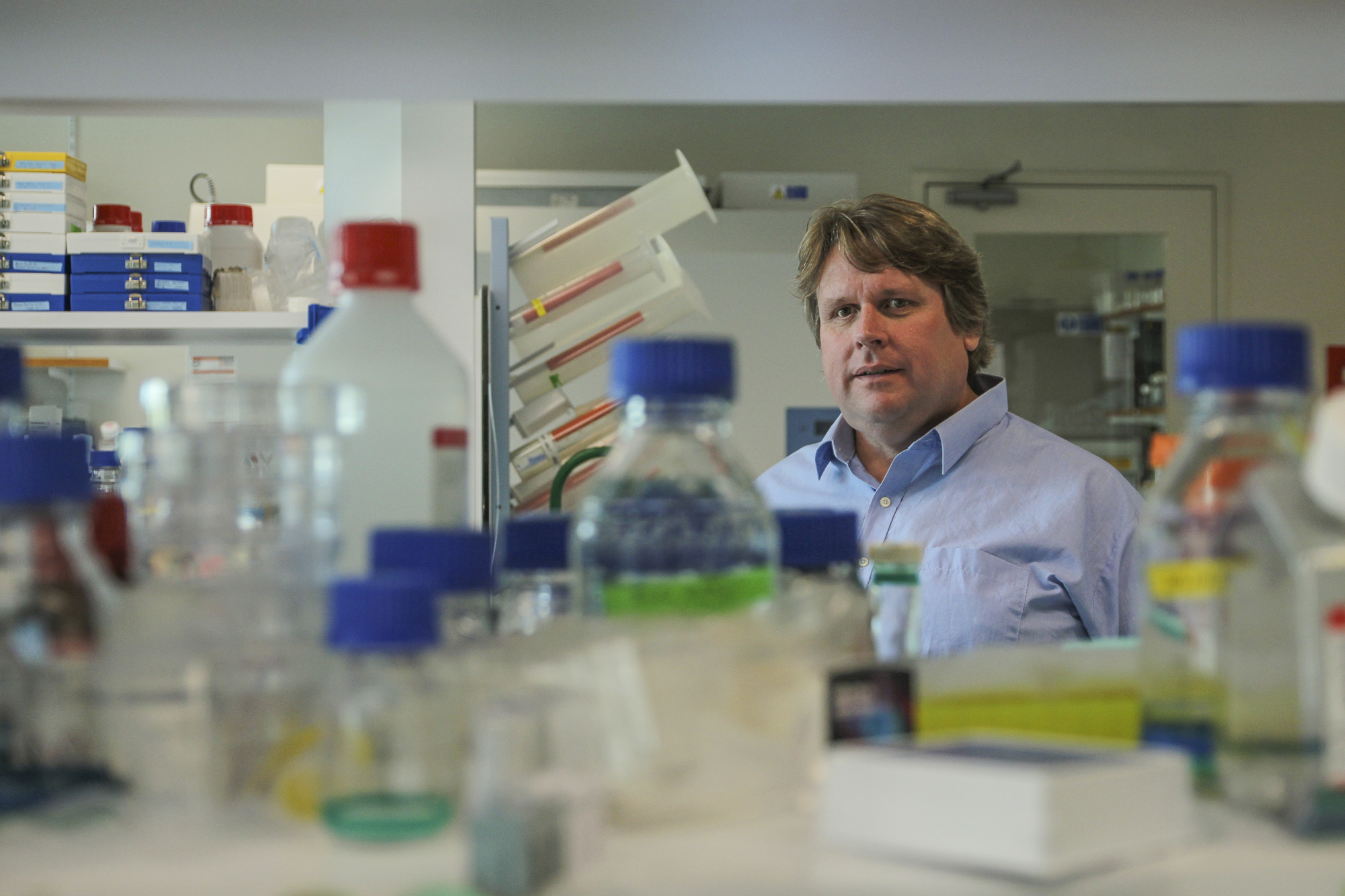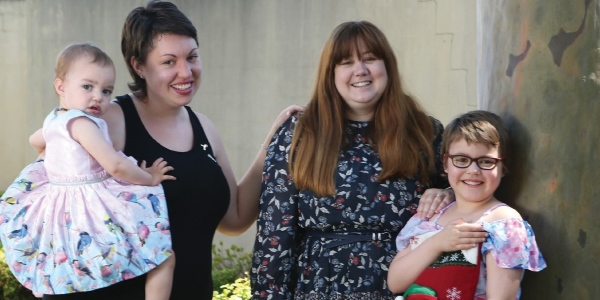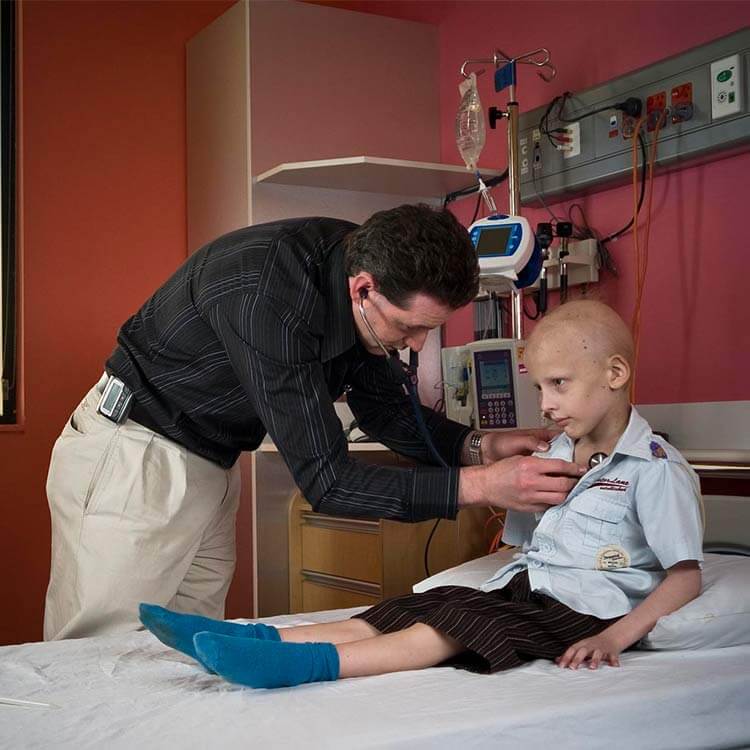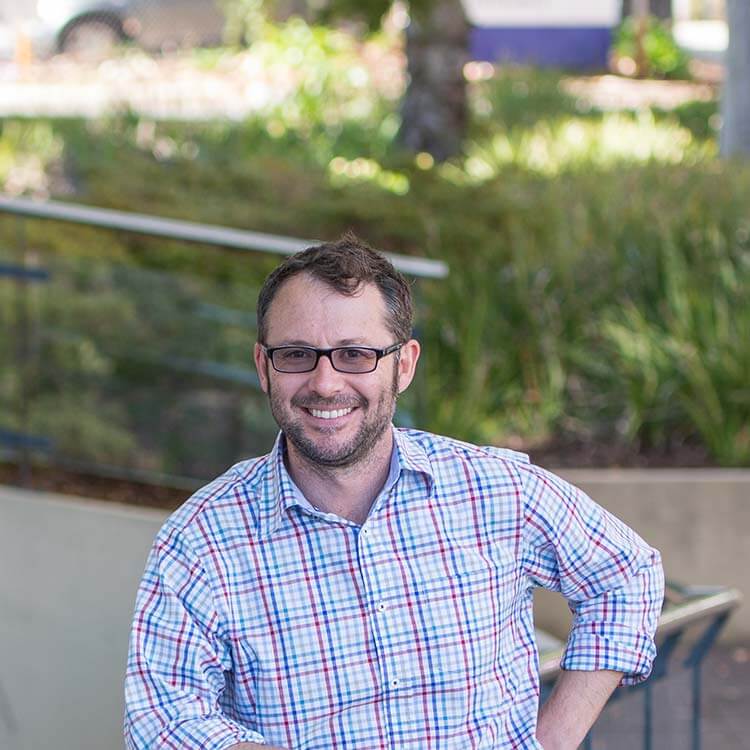Search

The Kids Research Institute Australia’s cancer researchers will use funds raised in the name of a brave three-year-old girl to launch a new assault on the devastating form of childhood cancer which took her life.

Emma White, a registered nurse, suspected for several months that something was wrong with her 7-year-old daughter Aroha, but couldn't get answers despite visiting numerous GPs.

It is the kids he treats in his role as a paediatric oncologist that motivate Dr Nick Gottardo in his work as a The Kids Research Institute Australia cancer researcher.
The Global Symposium on Childhood Brain Tumours is bringing the world's premier childhood brain tumour researchers and scientists together in Perth.
A The Kids study examining drug resistance in leukaemia patients has shed new light on why some treatments may be more effective than others.
A report outlining key steps to tackle a common and aggressive childhood brain tumor is gaining rapid momentum after attracting international attention.
A new research scholarship to combat childhood brain tumours will be launched tonight in honour of two year old Perth toddler Ethan Davies.
Cancer researchers at The Kids for Child Health Research have developed a new test that can rapidly detect the loss of genes in cancer cells.

Eight The Kids Research Institute Australia researchers are among those who have received grant funding from the Telethon-Perth Children’s Hospital Research Fund (TPCHRF).
Invasive fungal disease (IFD) remains a challenging complication of treatment for paediatric acute leukaemia. Consensus fungal treatment guidelines recommend withholding chemotherapy to facilitate immune recovery in this setting, yet prolonged delays in leukaemia therapy increase risk of relapse.
